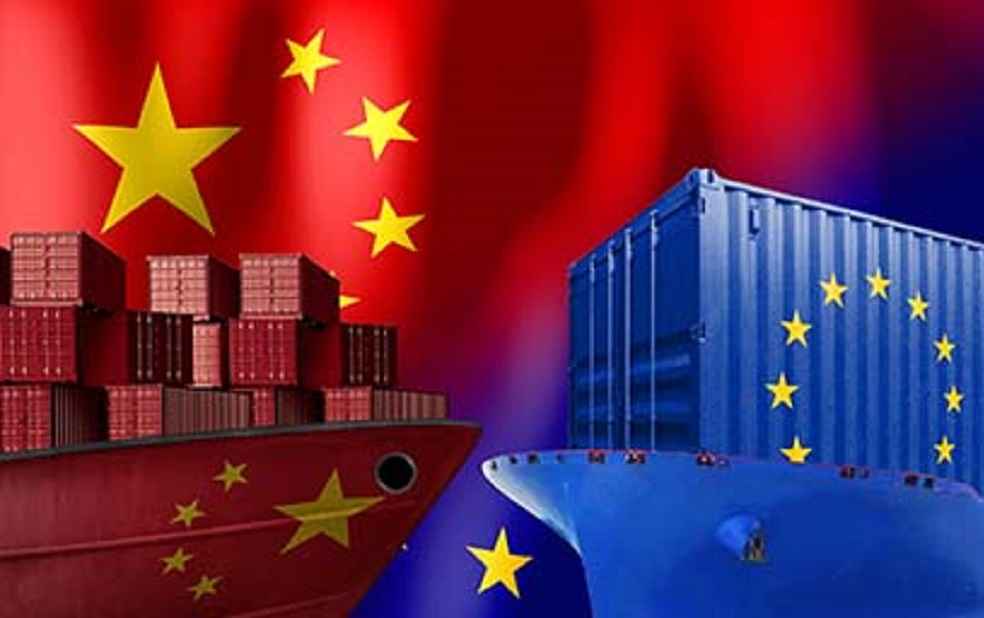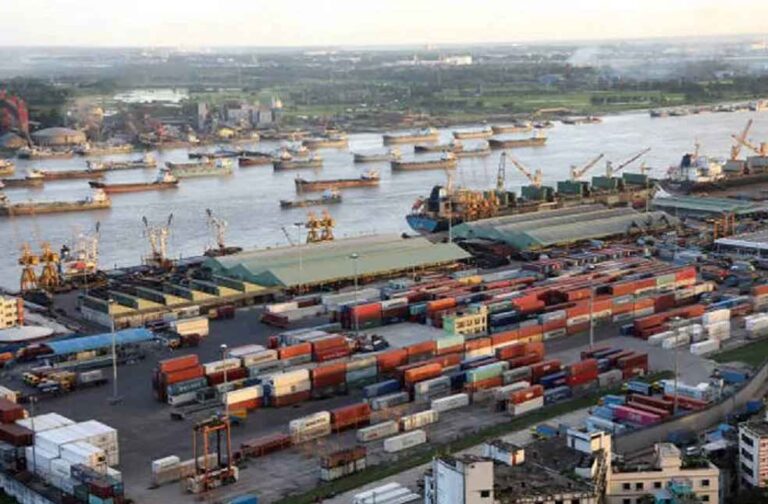Trade tensions between Beijing and Brussels have reached a new peak as China announced an investigation to counter the European Union’s (EU) probe into Chinese subsidies. This escalation marks a significant development in the ongoing trade dispute, with both sides accusing each other of unfair practices.
The European Union recently targeted China’s support for its renewable energy and electric vehicle sectors, alleging market distortion through subsidies. In response, China’s Commerce Ministry declared on Wednesday the initiation of a trade and investment barrier investigation into the EU’s actions against Chinese enterprises. This investigation, requested by China’s Chamber of Commerce for Import and Export of Machinery and Electronic Products, begins July 10 and is expected to conclude by January 10, with a possible extension to April.

Chinese Reaction
China consistently denies allegations of unfair industrial policies. The Ministry of Commerce’s statement emphasized the investigation’s focus on products such as railway locomotives, photovoltaics, wind power, and security inspection equipment. The aim is to scrutinize the EU’s preliminary reviews, in-depth investigations, and surprise inspections of Chinese companies.
Chinese officials label the EU’s measures as protectionist and accuse Brussels of distorting subsidy definitions to serve its interests. The escalating rhetoric underscores the growing divide between these two economic powerhouses.
EU’s Stance
The EU’s actions follow a June investigation concluding that China’s electric vehicle value chains benefit from unfair subsidies. This prompted Brussels to implement new regulations investigating companies bidding for projects within the Union. Concerns extend beyond electric vehicles, targeting Chinese wind turbine companies over alleged unfair competition in countries like France, Spain, Greece, Romania, and Bulgaria.

Recently, the EU imposed provisional tariffs on Chinese-made electric vehicles, citing subsidies that purportedly give Chinese automakers an unfair advantage in the European market. Both the EU and the United States express concerns about inexpensive Chinese automobiles potentially undercutting domestic producers and leading to factory layoffs.
Impact on Trade Relations
The Chinese investigation into European practices comes amidst rising Chinese auto exports, which surged approximately 30 percent in the first half of this year. This growth heightens concerns in Europe and the U.S. about the potential impact on their automotive industries.
China’s response to the EU’s tariffs includes an investigation into European pork exports, signaling a broader retaliatory approach. Both sides appear entrenched, with no immediate resolution apparent.
IMEX SECTOR | Indonesia Expands Areca Nut Exports to Saudi Arabia and Bangladesh



